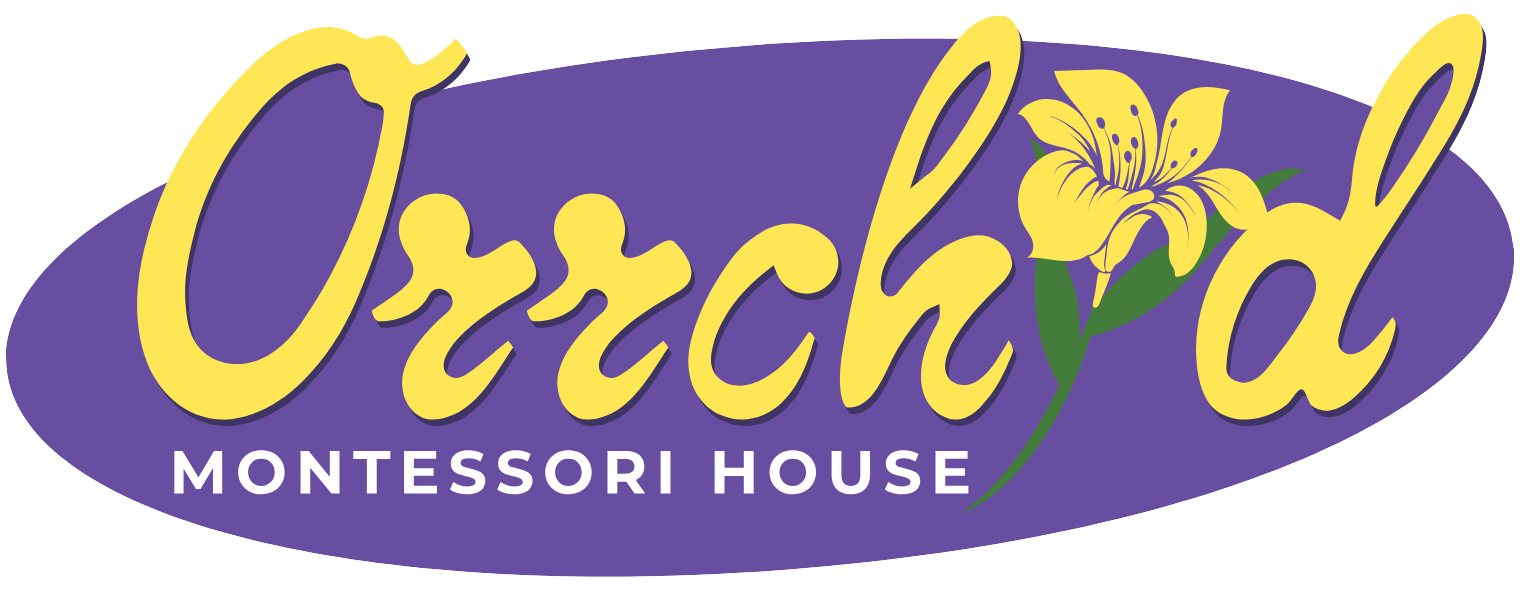Introduction
In a Montessori classroom, you may find children pouring water, buttoning frames, sweeping floors, or arranging flowers. These aren’t chores — they’re part of what’s known as Practical Life activities, and they are the heart of the Montessori method.
At first glance, these tasks might seem too simple or “non-academic,” but they lay the foundation for everything else a child will learn — from reading and writing to focus, independence, and confidence.
Let’s explore why Practical Life activities matter so much in early childhood education, especially within the Montessori approach.
🧺 What Are Practical Life Activities?
Practical Life activities are real-life tasks adapted for young children to help them develop:
-
Care of self (washing hands, dressing, tying shoes)
-
Care of the environment (cleaning, gardening, setting tables)
-
Grace and courtesy (greeting others, saying please and thank you)
-
Control of movement (pouring, spooning, using tongs)
These activities are intentional, purposeful, and designed to be repeated — helping children gain mastery over their bodies and minds.
🌱 Why Practical Life Activities Are So Important
1. Building Independence and Confidence
When children are trusted to do things for themselves — like pour their own water or dress independently — they feel capable and empowered. Every successful task completed adds to their self-esteem.
2. Developing Concentration and Focus
Montessori materials are designed to be hands-on and precise. Repeating these tasks refines a child’s ability to focus, an essential skill for all future academic work.
3. Refining Fine and Gross Motor Skills
Pouring rice, tying laces, or using scissors all require controlled, coordinated movement. These small muscle exercises build the physical readiness needed for writing and other complex tasks.
4. Instilling a Sense of Order and Responsibility
Children learn to care for their environment — wiping spills, sweeping crumbs, putting materials back in place. These routines promote a sense of order, responsibility, and respect for shared spaces.
5. Preparing for Academic Success
Though Practical Life work isn’t “academic” in the traditional sense, it’s foundational. A child who can concentrate, follow steps, control their hand movements, and feel confident is well-prepared for math, reading, and beyond.
🏡 How Parents Can Encourage Practical Life at Home
You can easily bring Montessori-style Practical Life experiences into your daily routines:
-
Let your child help set the table or pack snacks
-
Provide child-sized tools (small brooms, pitchers, dustpans)
-
Involve them in folding clothes, watering plants, or baking
-
Encourage dressing themselves — even if it takes longer
-
Teach them to clean up after meals or activities
The key is to slow down, involve your child, and celebrate their efforts, not just the outcome.
At Orchid Montessori House
In our classrooms, Practical Life isn’t just a subject — it’s a way of life. We believe that real learning happens when children feel engaged, responsible, and trusted. Through these meaningful tasks, we see our students blossom into confident, independent, and joyful learners.
Conclusion
In a world where children are often rushed or “helped” too much, Montessori Practical Life activities gently remind us that children don’t need to be hurried — they need to be empowered. And sometimes, the best preparation for life begins with something as simple as pouring water or buttoning a shirt.
